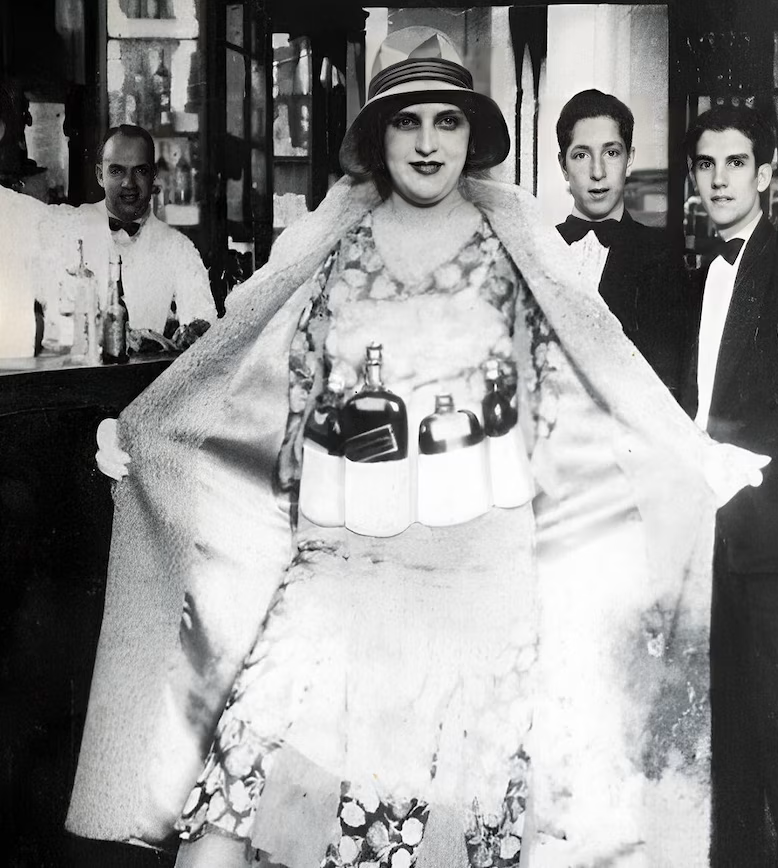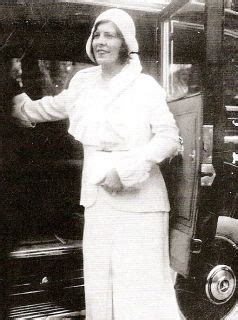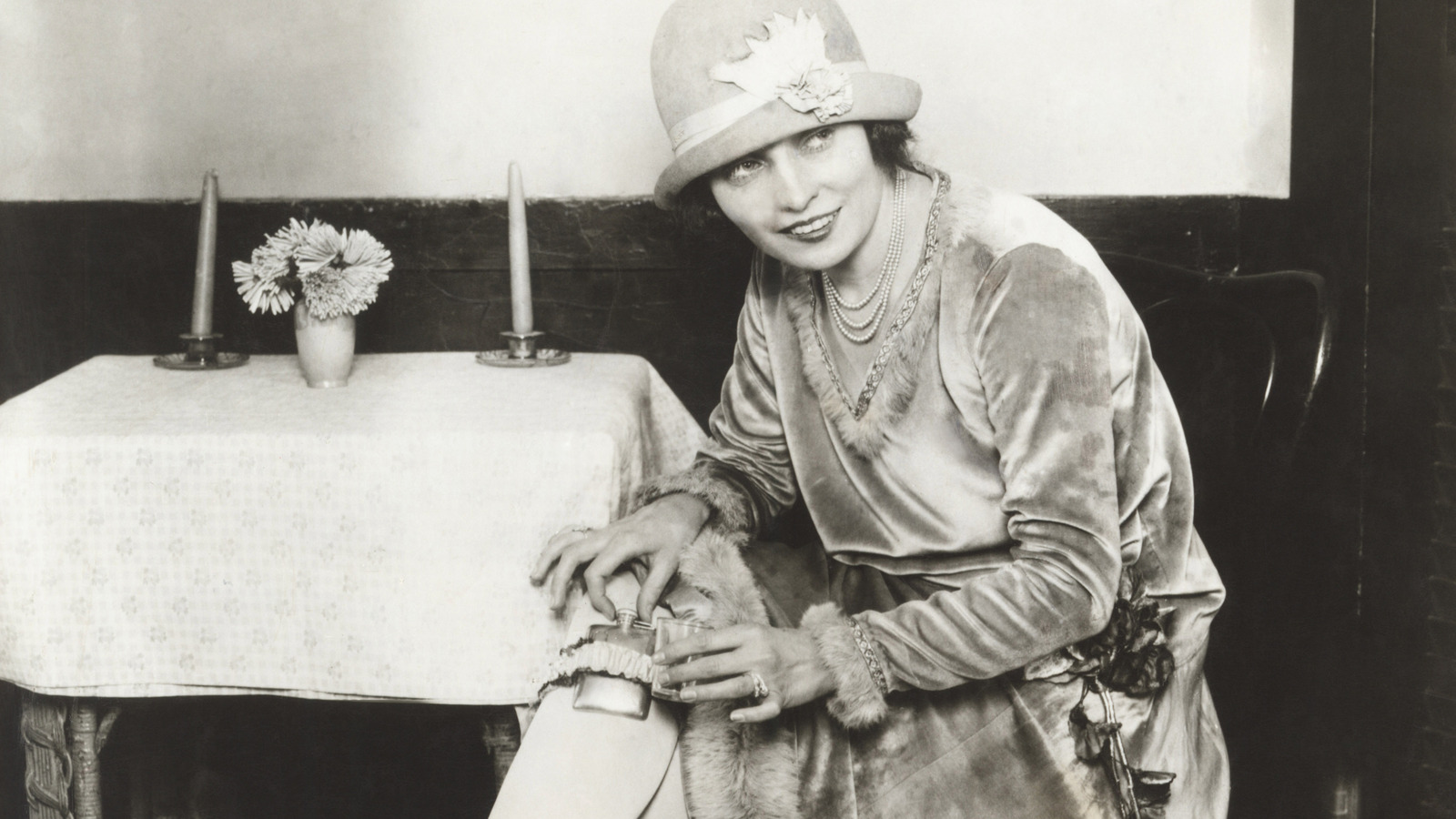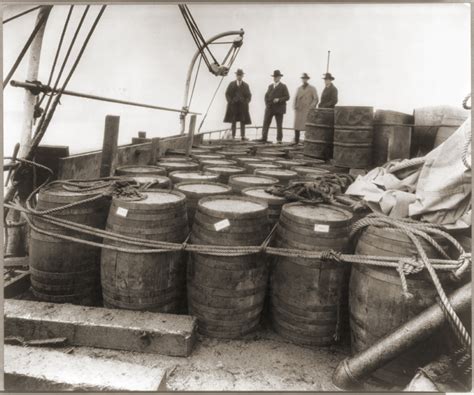Women and crime
How did women contribute to organised crime during the Prohibition era?

During Prohibition (1920-1933), women took advantage of their lower suspicion rate to smuggle alcohol. Many hid bottles in their clothing, baby carriages, or even hollowed-out books. Their creativity and resourcefulness made them key players in illegal liquor distribution, often working independently or for organized crime networks that relied on their discretion and mobility.

Although men dominated organized crime, some women held powerful positions behind the scenes. Figures like ‘Queen’ Mae Capone, wife of Al Capone, played crucial roles in managing finances and maintaining order within criminal organizations. Other women engaged directly in illegal activities, proving that the underworld was not solely a man’s domain during Prohibition.

Speakeasies, illegal bars selling alcohol, flourished during Prohibition, and many women played an essential role in running them. Some managed underground establishments, ensuring secrecy and safety, while others acted as hostesses, attracting customers and maintaining order. These women often formed alliances with gangsters or bribed police officers to keep their businesses operating despite the nationwide alcohol ban.

Rum-running, or smuggling alcohol by sea, was another area where women played a significant role. They transported liquor from Canada and the Caribbean, using their ability to avoid suspicion to cross borders undetected. Some women disguised themselves as fishermen or innocent travelers, successfully evading authorities and delivering alcohol to organized crime groups operating in the U.S.
Glossary
- Speakeasy – A secret bar where alcohol was sold illegally.
- To smuggle - To transport goods illegaly
- Rum-running – Smuggling alcohol by boat.
- Bribery – Giving money or favors to officials to avoid punishment.
- Bootlegging – The illegal production, transportation, and sale of alcohol.